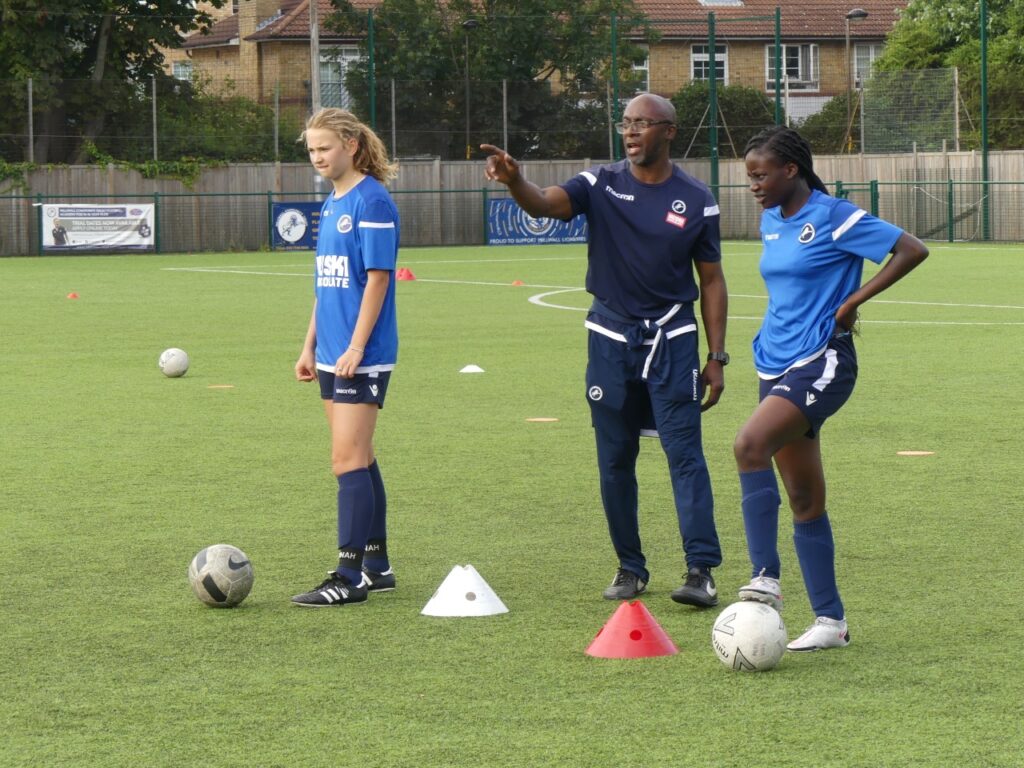Are you aiming to become a Development Officer in the field of sports and wondering how to choose the right coaching program? Selecting the best coaching institution is crucial for your career, as it can shape your future in sports development. Here, we provide a checklist to help you make an informed decision. Let’s dive into the factors you need to consider.
Accreditation and Reputation
Accreditation is vital when selecting a coaching program to become a Sports Development Officer. Ensure relevant sports authorities recognise the institution. An accredited program meets industry standards and provides quality education.
Reputation also matters, so look for institutions with positive reviews from alumni. High ratings often indicate a solid program. Additionally, consider the program’s curriculum and ensure it covers the necessary skills and knowledge required for the role. It’s also beneficial to check if the course offers practical experience opportunities.
Curriculum and Specialisations
Examine the curriculum offered by the coaching program. It should cover all aspects of sports development. Key areas include sports management, coaching techniques, and athlete development. Additionally, check for specialisations.
Some courses offer focused training in specific sports or age groups. This can be beneficial if you have a particular interest. Ensure the curriculum is updated regularly to reflect current trends and advancements in the field. Moreover, consider if the course integrates theoretical knowledge with practical applications to enhance learning outcomes.
Experienced Faculty
The quality of faculty can significantly impact your learning experience. Research the qualifications and experience of the instructors. Experienced professionals bring practical knowledge to the table. They can provide insights beyond textbook learning.
Look for faculty members with a background in sports development or related fields. Additionally, consider whether the instructors are actively involved in the sports industry, as this can enhance the relevance of their teachings. Faculty who are engaged in ongoing research or have strong professional networks can also offer valuable opportunities for mentorship and career connections.
Practical Training Opportunities
More than theory is needed in sports development. Practical experience is crucial. Check if the program includes internships or hands-on training. Real-world experience helps you apply theoretical knowledge. It also provides valuable networking opportunities.
Internships can often lead to job placements. Additionally, practical experience allows you to develop essential skills, such as leadership and problem-solving, in a real-world context. These experiences can also help you build a professional portfolio, showcasing your capabilities to potential employers.
Resources and Facilities
Top-notch resources and facilities enhance the learning experience. Visit the institution and evaluate the quality of its sports facilities, libraries, and research centres. Having access to the newest sporting gear and technology is advantageous. A well-equipped institution can offer a more comprehensive education.
Additionally, check if the institution provides access to online resources and databases. This can be crucial for research and staying updated with the latest industry trends. Institutions with strong support services, such as academic advising and career counselling, can also significantly benefit your educational journey.
Alumni Success Stories
A program’s quality can be determined in part by the success of its alumni. Research where graduates of the program are now. Successful alumni in prominent positions reflect well on the institution. Their achievements can provide inspiration and insight into what the program offers.
Additionally, connect with alumni to get firsthand accounts of their experiences. Learn how the program helped them achieve their goals. Alumni networks can also be valuable for mentorship and job placement opportunities.
Class Size and Student Support
Class size can affect the quality of education you receive. Smaller class sizes often mean more personalised attention from instructors. Additionally, consider the available student support services. Look for institutions that offer career counselling, mentorship programs, and academic support.
Choosing the right coaching program for an aspiring Sports Development Officer requires careful consideration. By following this checklist, as mentioned above, you can make a decision. As such, it will pave the way for a successful career in sports development. Good luck!






